Did you know most people don’t use a VPN, yet it could be the difference between secure browsing and a cyber nightmare? The stakes have never been higher, as our online world grows more intertwined and vulnerable.
In 2025, digital security isn't just essential; it's urgent. The rise of remote work and cybercrime makes understanding VPNs more important than ever before. But why are VPNs grabbing headlines today, and what secrets are they keeping?
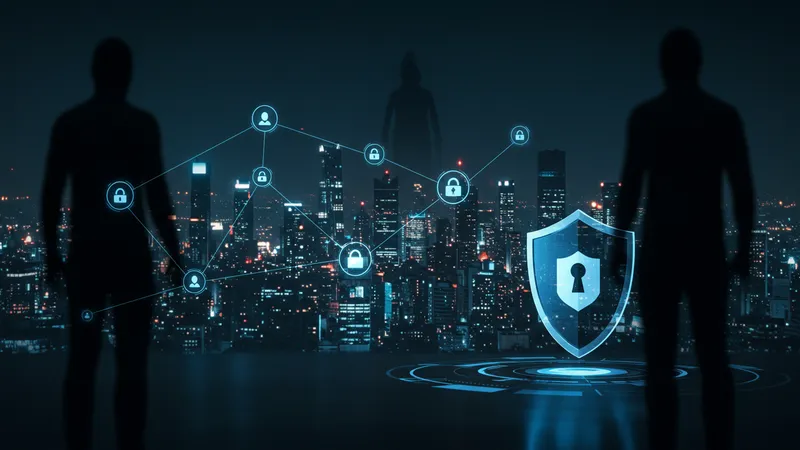
Most people think VPNs are just for tech geeks. However, VPN usage skyrocketed by over 200% last year alone. You may think you’re safe just using incognito mode, but that’s not even the wildest part—VPNs can change your virtual location entirely.
Contrary to popular belief, VPNs are not just for dodging geo-restrictions. They can help you avoid online price discrimination—like finding cheaper prices on flights! But here’s the kicker: some VPNs might even boost your internet speed under the right conditions. What happens next shocked even the experts…
Imagine every time you connect to the internet, your private details are visible to hackers. Yep, that’s the reality without a VPN. It acts like a shield, masking your actual IP address and encrypting your internet connection. This means even if someone manages to intercept your data, it’s encrypted gibberish to them.
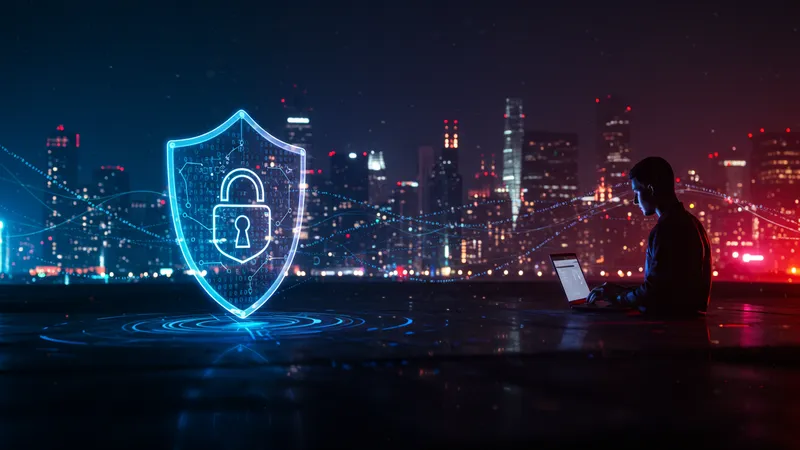
Identity theft is a growing threat. With your personal details readily available to cybercriminals, you risk becoming the next victim. VPNs provide a robust layer of privacy, acting as a deterrent for hackers. They’re not just about privacy—they’re about peace of mind, too. Plus, they're easier to set up than you might think.
No one anticipated the sharp increase in government surveillance, making VPNs not just a luxury, but a necessity. Even casual browsing can expose you to nuances of data tracking. Understanding how to safeguard your digital footprint could save you from future headaches. But there’s one more twist to this story…
As ISPs begin to throttle connections, VPNs help maintain browsing speeds without sluggish interruptions. That Netflix buffer? Say goodbye. Still, VPNs offer unexpected benefits beyond just speed and privacy. What you read next might change how you see this forever.
Many people still believe that VPNs are only for those looking to engage in illicit activities online. However, their real purpose is far from this misconception. A VPN is a legitimate tool designed to preserve online privacy and security.
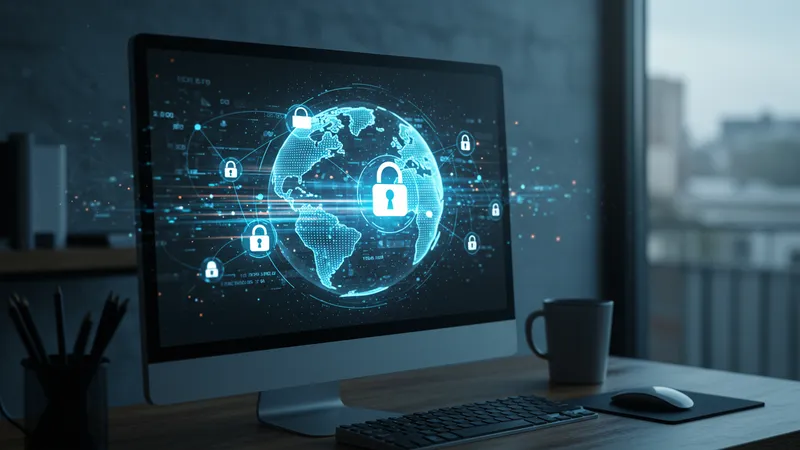
The belief that VPNs drastically slow down your internet speed is another myth. Advances in VPN technology mean that speed is not compromised. In fact, some VPNs enhance performance by reducing bandwidth throttling.
Thinking that VPNs are only for tech-savvy individuals is widespread. Dozens of user-friendly VPN services offer easy installations and intuitive interfaces, making them accessible to everyone.
You might think using a VPN is too complicated for your needs, but the reality is that it’s as simple as toggling a switch. VPNs are designed for everyday users who prioritize security and privacy over exposure.
Your data doesn’t have to be visible to every nosey advertiser. Through encryption and location masking, VPNs guard your browsing habits from curious eyes, turning them invisible to anyone outside of your encrypted connection.
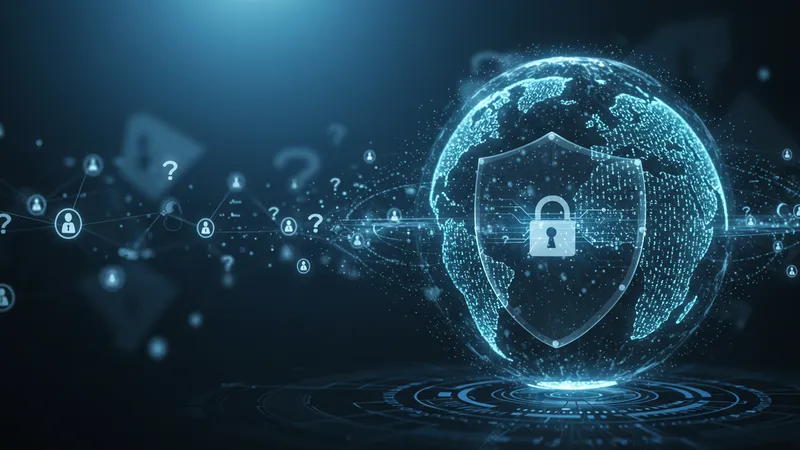
From public Wi-Fi hotspots to at-home internet connections, the simplicity with which VPNs secure connections is eye-opening. They ensure that private data like bank transactions and sensitive emails remain as such—private.
People underestimate how easy it is for hackers to leverage compromised Wi-Fi networks. Using a VPN can act as a safeguard, providing secure exits and entrances for your data.
What’s interesting is how VPNs bypass ISP-level censorship, ensuring that access to required or desired content remains unrestricted. This makes VPNs not only an asset but a necessity in some regions. And here’s where it gets even more fascinating…
Many travelers don’t realize how often VPNs can act as a savior. Whether it’s streaming your favorite series abroad or accessing internet banking securely, VPNs have your back.
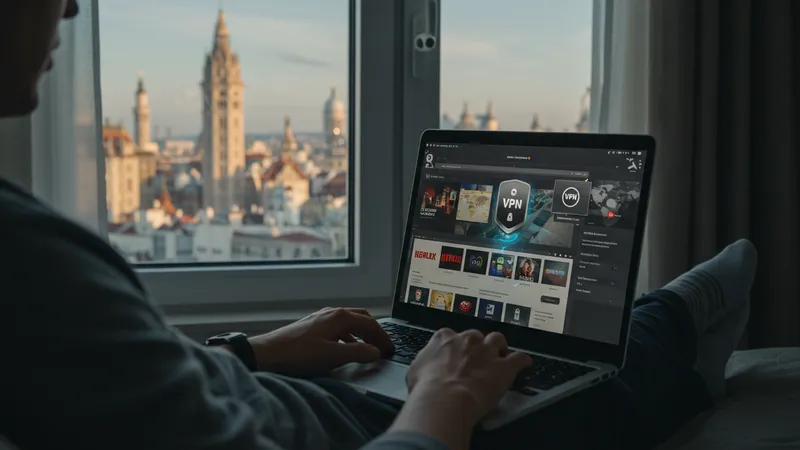
Think about online shopping: dynamic pricing can often cost some users more based on their location. With a VPN, it’s possible to avoid these discrepancies by appearing from a different location.
In businesses, VPNs ensure corporate secrets and client confidentiality, offering remote workers a safe portal to company resources. This not only secures data but also inspires confidence in clients.
Still, perhaps the most unexpected revelation is how VPNs can mitigate the risk of identity theft. While the cyber world evolves, staying one step ahead isn’t just beneficial—it’s vital. Curious about the darker issues VPNs tackle?
The dark web intrigues many, yet exposes naïve browsers to significant threats. VPNs act as a precautionary tool, providing anonymity while exploring deeper sectors of the web.
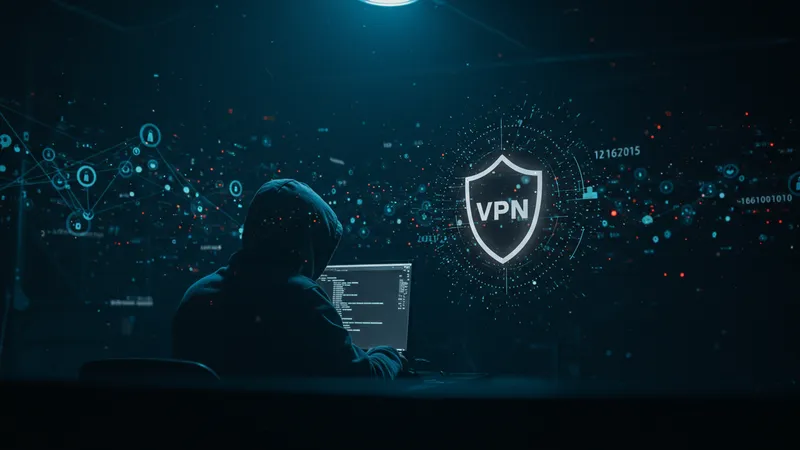
Illegal activities on the dark web are rife, but so too are valuable forums sharing information on privacy. VPNs provide a necessary layer of secrecy for those who dare to venture.
Across the dark web and beyond, VPNs act covertly against surveillance, keeping your activities locked away from undesired attention. This dual-edge sword of protection is essential for such exploration.
The juxtaposition of curiosity and danger on the dark web requires careful navigation. VPNs illuminate safe paths for those willing to traverse these shadows, offering more than just peace of mind.
Online streaming has undergone an evolution. Many are unaware that VPNs can expand their entertainment horizons by bypassing geo-restrictions for platforms like Netflix, Hulu, and Prime.
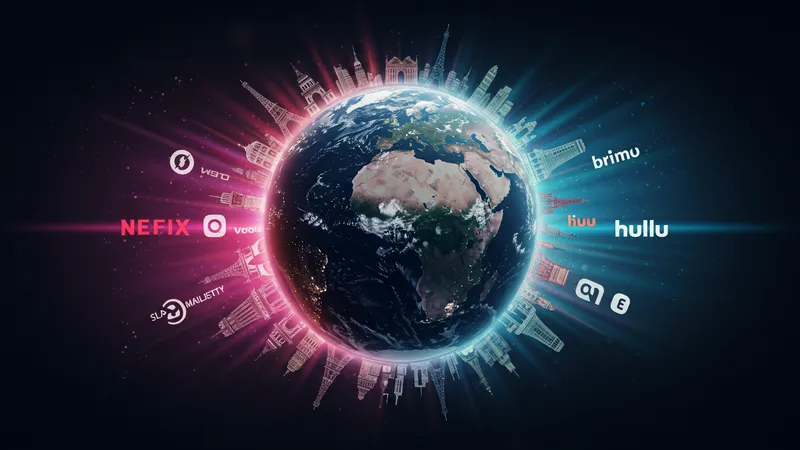
This access unearths a treasure trove of content otherwise blocked due to regional barriers. VPNs open doors to a global library of shows, films, and other multimedia bliss.
No longer does travel equate to missing out on your favorite series. VPNs enable seamless access to content as if you’ve never left your couch. This truly changes how we consume media in 2025.
Despite the treasures, there lies a frontier of ethical consideration and legal implications around such uses. Navigating this terrain requires informed decision-making, one more twist in our understanding.
VPNs are often perceived as a shield against hackers, but they play a much wider role. They foster general cybersecurity by acting as a frontline defense unit, detecting threats before they become issues.
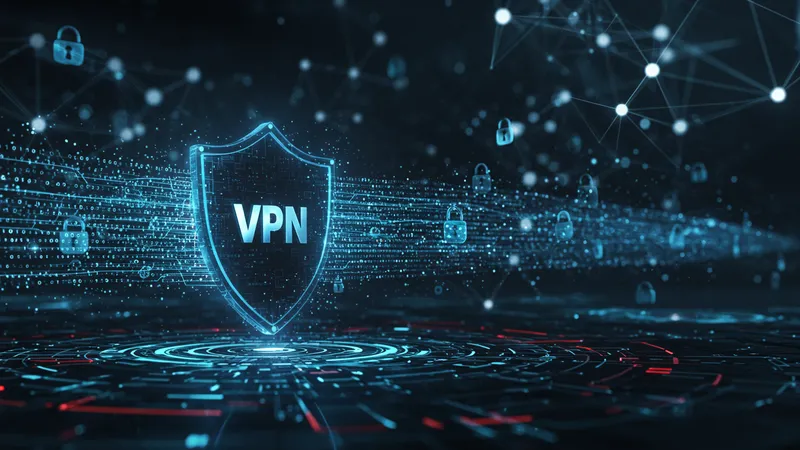
As threats become more sophisticated, VPN providers escalate their defenses. The encryption prowess of these tools consistently adapts, protecting users at every turn.
The increased reliance on Wi-Fi networks introduces vulnerabilities, but VPNs provide a protective cloak, transforming what might seem an exposure into a fortress.
Nevertheless, there are anomalies within the VPN world, not every service guarantees security. Knowing which to trust highlights the critical research necessary before diving in.
Facing a sea of options, choosing the right VPN can overwhelm even seasoned users. It's crucial to evaluate factors like speed, security protocols, and user-friendliness.
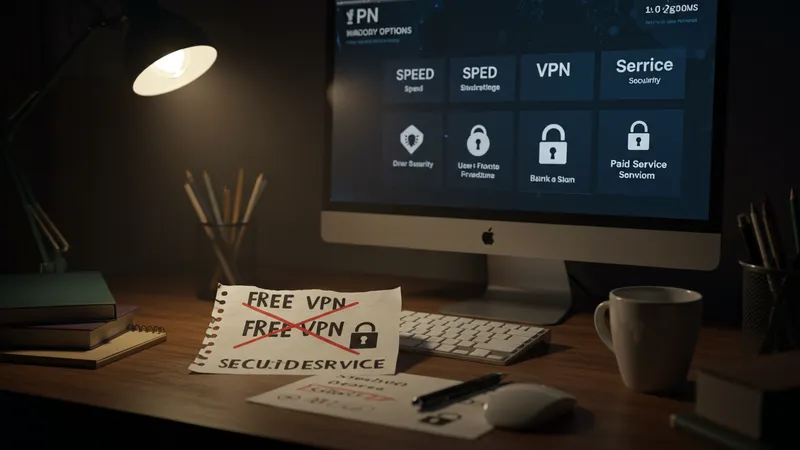
Free VPNs may seem tempting, but they often come with hidden costs—they might sell your data or compromise your security. A reputable paid service is always worth the investment.
Understanding logging policies is another pivotal consideration. A no-log policy ensures your activities aren’t recorded in server history, a crucial aspect for privacy seekers.
When selecting a VPN, read reviews, compare features, and most importantly, consider their customer service. A reliable support service can be a lifeline when troubleshooting unexpected issues erupts.
Many new users feel daunted by VPN pricing structures. Monthly rates vary widely, from budget options to premium services that offer vast server networks across continents.
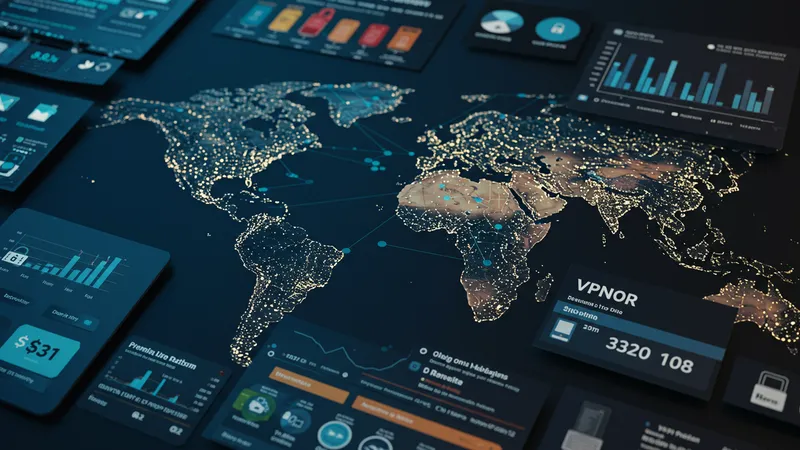
While some opt for annual subscriptions to save money, others choose monthly plans to maintain flexibility. Pricing can start as low as $3 a month, but value exceeds the cost when security is non-negotiable.
Analyzing costs against features helps to justify the expense. Consider if the VPN offers simultaneous device connections and if their server locations meet your specific needs.
The subscription should align with user expectations, offering financial advantages where possible. It’s a balance between budget and necessities that guides wise decision-making.
The global shift to remote work has ushered an era where VPNs are indispensable. They enable secure connections to corporate networks, ensuring essential data remains protected from cyber threats.
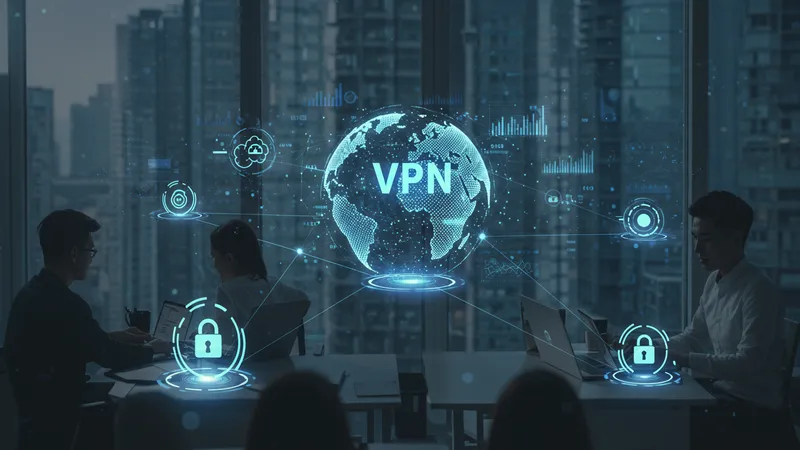
For employers and employees alike, the sense of security provided by a VPN translates into productivity and peace of mind, with sensitive communications shielded from intrusions.
VPNs facilitate a seamless work environment regardless of geographical location; employees can connect to work servers as if they were sitting right in the office.
Yet, it also demands a layer of responsibility. Employees must understand the importance of correct configurations and awareness of evolving digital security threats.
Amid ethical considerations, the environmental impact of VPNs is often overlooked. Data centers supporting these services consume substantial energy, influencing our carbon footprint.
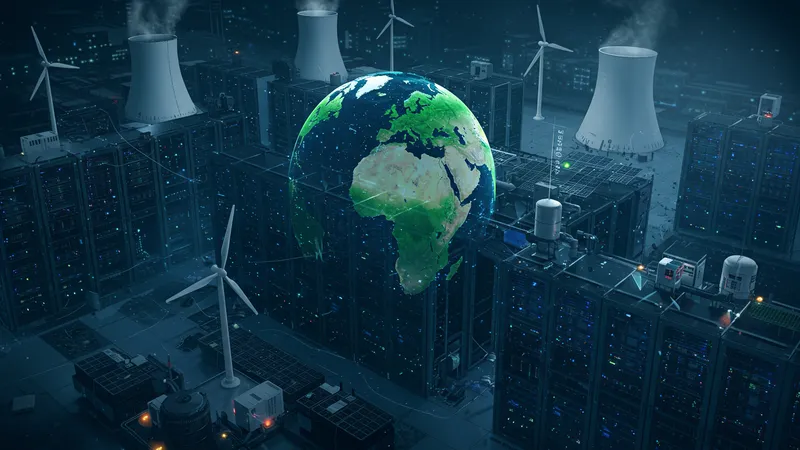
While some providers have adopted greener practices, such as renewable energy sources, others lag, prompting a corporate social responsibility debate surrounding digital services.
Users should be cognizant of providers who prioritize sustainability, reinforcing a conscious consumerism that transcends tech alone.
Still, it’s a balancing act between digital security needs and environmental stewardship, urging users to make informed choices favoring eco-friendly providers.
As the digital landscape undergoes rapid change, VPNs are proving to be key in reclaiming freedom online. They enable circumventing oppressive restrictions placed on internet usage worldwide.
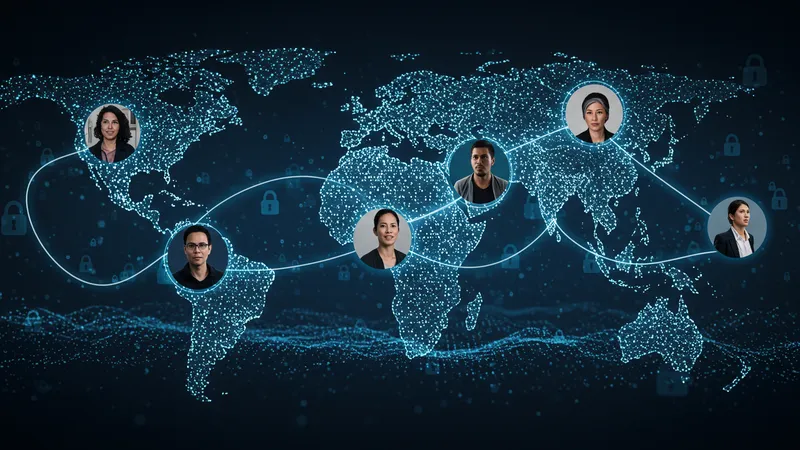
VPNs support human rights activists and journalists, providing a lifeline for safe communication and reportage where censorship is rife.
The ability to access unfiltered content empowers global citizens to stay informed, enabling diverse perspectives and fostering an open internet.
Looking ahead, VPNs offer a glimpse into a future where internet privacy isn't a privilege but a right—a powerful enabler of democracy and freedom in our networked world.
The rise of VPNs signifies a transformation in how we view online privacy, security, and access. Their impact is undeniable, distinctly marking their importance in an interconnected society. Embrace informed choices and arm yourself with a tool that reshapes the digital landscape. Share this insight to empower others and navigate this evolving frontier with confidence.